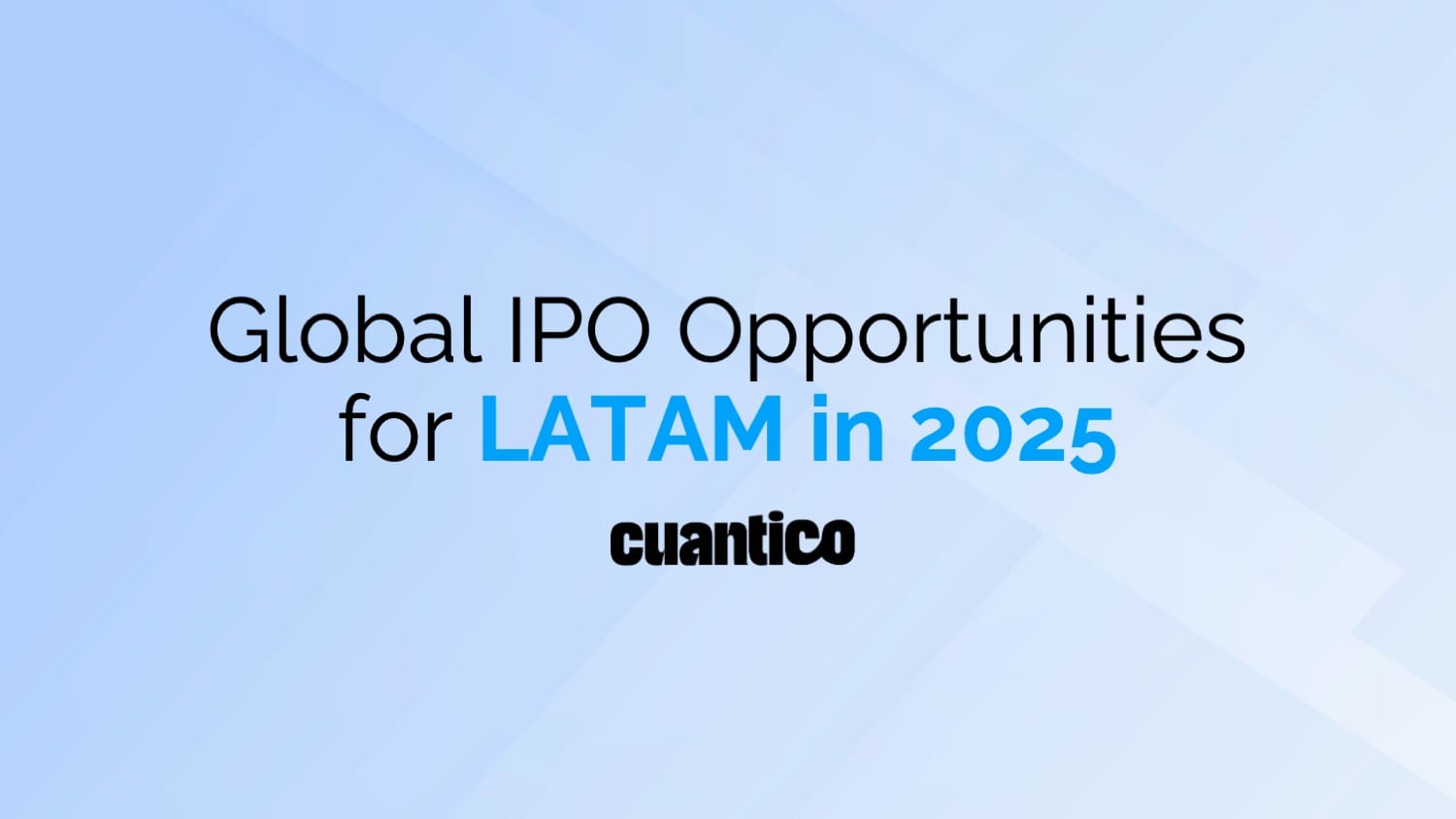By Jose Kont
Column originally published in Spanish in Forbes Mexico.
In the global economic landscape, 2025 promises to be a defining year for Latin American startups aiming to establish themselves as key players in international markets. For many of these companies, initial public offerings (IPOs) present a viable strategy—not just to raise capital but also to gain visibility and legitimacy in highly competitive markets. But what should LATAM startups consider when embarking on this journey?
As local markets in Latin America continue to show limitations in providing diverse and deep capital access, startups are increasingly turning to international markets that offer more robust structures and strategic opportunities. According to recent data, some of the leading IPO markets in 2024, such as Europe, have demonstrated sustained growth in their capacity to mobilize capital. While Nasdaq and the NYSE remain attractive options, the costs of listing on U.S. exchanges are significantly more restrictive compared to alternatives like the London Stock Exchange (LSE), which offers comparable benefits in terms of liquidity.
Accessing this diversity of capital not only increases the likelihood of success during the initial fundraising but also fosters long-term relationships with investors who understand international business models. This is particularly crucial for startups seeking to expand beyond their home markets.
For medium-sized startups with annual revenues under $50 million, listing on emerging exchanges like the LSE can offer significant advantages compared to competing with tech giants dominating local markets. For instance, the regulatory frameworks and market practices of international exchanges often facilitate more favorable initial valuations, helping to mitigate risks like price “pops” that significantly dilute shares. This ensures more stable fundraising and less volatility in the days following the IPO debut.
Additionally, international markets provide a more investor-friendly structure for secondary sell-downs, allowing early investors to divest their holdings without creating negative perceptions. This approach is particularly appealing to venture capital funds and incentivizes early-stage investment in these startups.
However, reaping these benefits requires strategic preparation. Startups must ensure solid corporate governance, financial transparency, and an appealing narrative for investors. Factors such as adopting international sustainability standards and demonstrating a clear focus on growth are now critical determinants of IPO success.
In this context, Latin American startups should view 2025 as a year of opportunities. The advantages are clear—from unprecedented access to international capital to the chance to diversify their investor base. With the right combination of preparation, vision, and execution, startups from the region have everything they need to shine on the global stage.
Jose Kont is Executive Director at Cuantico and Head of Research at HF Capital.


